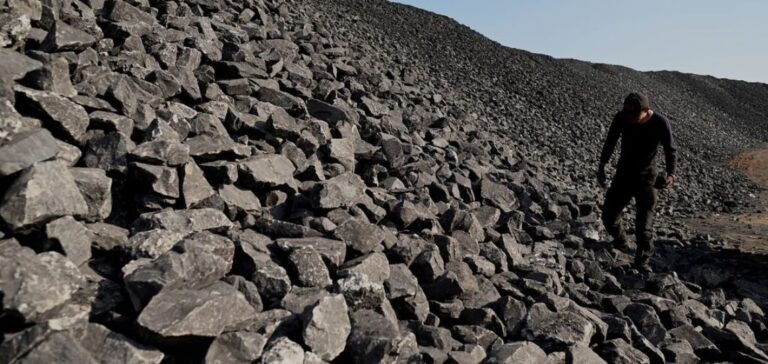Indonesia takes drastic measures and cuts production at a giant coal-fired power plant near Jakarta.
Jakarta under pressure: Reducing coal-fired power generation in Indonesia
“Since August 29, the operator PLN IP (Indonesia Power) has reduced production at its Suralaya coal-fired power plant by 1,600 megawatts (…) to help improve air quality in Jakarta,” Irwan Edi Syahputra Lubis, managing director of the energy company, told AFP.
Located on the west coast of the large island of Java, around 100 km from Jakarata, the plant now produces 1,800 megawatts, the official said. He did not specify whether this reduction in production was temporary or definitive, stressing that the operator was following government directives.
Environmental challenges: Suralaya power plant expansion despite carbon neutrality targets
Indonesia, whose electricity production is largely based on coal-fired power plants, of which the country is a major producer, has pledged to stop building new coal-fired power plants from 2023, in order to achieve carbon neutrality by 2050. However, despite protests from environmental groups, the Suralaya power plant is to be expanded from its current eight units to a total of ten.
As part of a government project to improve air quality, thousands of civil servants in the Indonesian capital were invited to telework from the end of August.
At the end of August, Environment Minister Siti Nurbaya Bakar announced that eleven industrial companies in the Jakarta area had been sanctioned for non-compliance with standards, as part of measures to reduce major pollution peaks.
Why it matters
A major coal-fired power plant in Indonesia is reducing output to combat alarming levels of pollution in Jakarta. The move comes at a time when Indonesia is committed to reducing its dependence on coal to meet its carbon neutrality targets by 2050. Pollution peaks have serious consequences for public health and the environment, prompting the government to take immediate action to improve air quality in the capital.






















